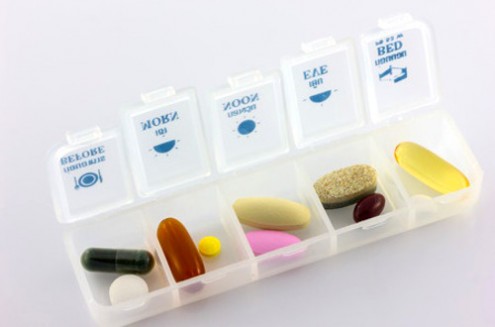What can you do to ensure you're buying and using a trusted product?
Tip #1: Always read the label. One way to compare ingredients in different products is by using the Dietary Supplement Labels Database, maintained by the National Library of Medicine.
Tip #2: Do your research or talk to a health professional. Some supplements interact with one another and with different medications—sometimes well, and sometimes not. Moreover, some supplements should be taken in combination with others; for example, calcium needs to be taken with vitamins D3 and K2, or the calcium may migrate to the heart or circulatory system where it does damage, rather than to the bones where it is needed. A trained health professional can offer important advice.
Tip #3: Talk to your supplement manufacturer. A reputable supplement manufacturer will always have a phone number where they can answer your questions about their ingredients, including where they come from and what safety procedures are in place.
Tip #4: Check the FDA's supplement website. This database warns the public about tainted supplements—the "bad actors" of the industry—that contain illegal pharmaceuticals or deceptively labeled ingredients. These products may be promoted for weight loss, sexual enhancement, and bodybuilding. The FDA also offers an RSS feed so consumers can be kept up to date with late-breaking additions to the database.
Gretchen DuBeau, Executive Director, Alliance for Natural Health USA, joins Dr. Mike to discuss the latest issue surrounding herbal supplements, as well as what you can do to ensure you're buying and using the right product.
 Gretchen DuBeau joined the Alliance for Natural Health USA (formerly the American Association for Health Freedom) as Executive and Legal Director in 2008.
Gretchen DuBeau joined the Alliance for Natural Health USA (formerly the American Association for Health Freedom) as Executive and Legal Director in 2008.